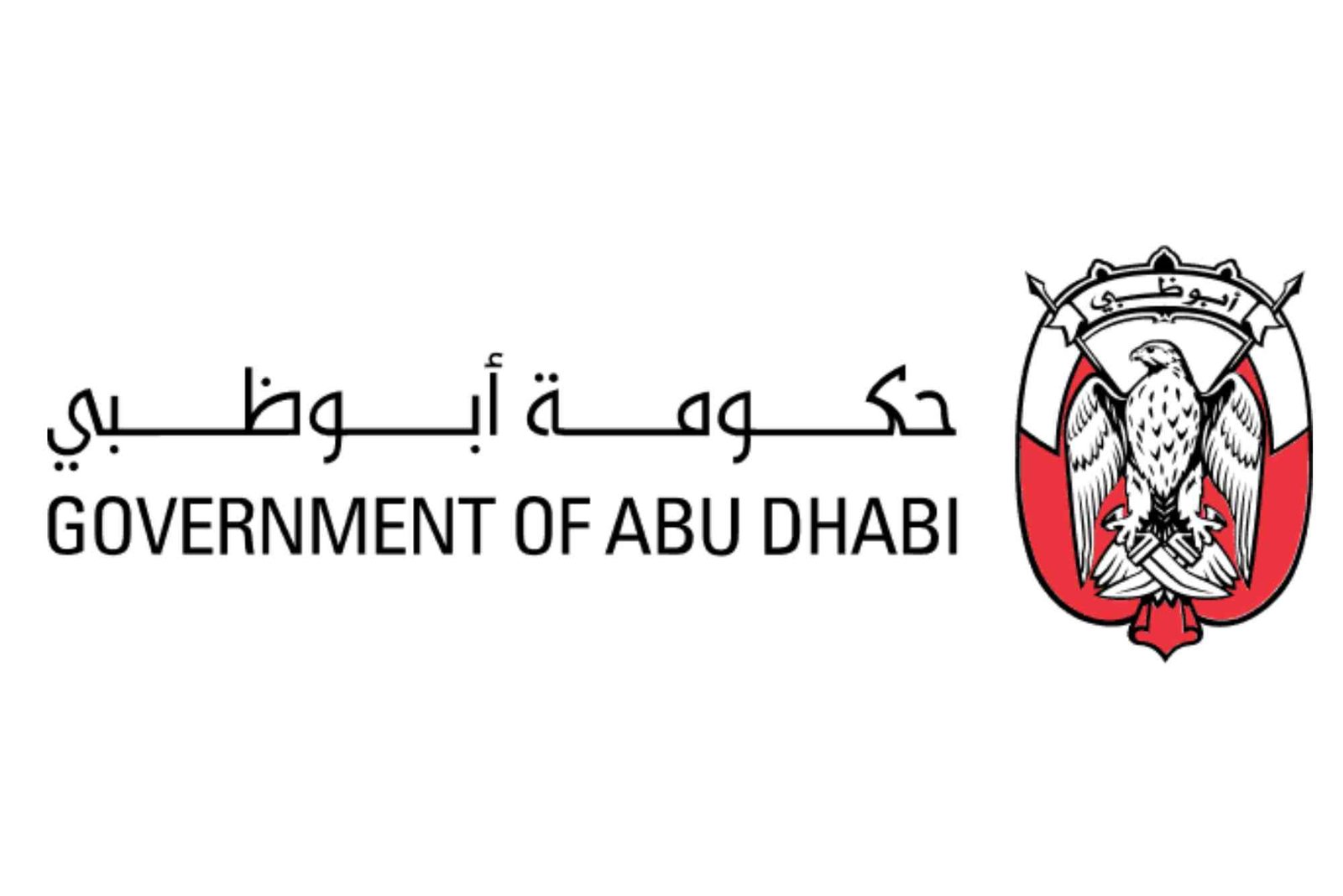Abu Dhabi Government Entities – An In-depth Overview
Abu Dhabi, the capital of the United Arab Emirates, is a vibrant city known for its well-organized government framework, which plays a crucial role in the region’s development. The government entities in Abu Dhabi oversee various sectors essential for public welfare, economic growth, and national stability. This article will explore key Abu Dhabi government entities, their functions, and how they contribute to the emirate’s progress and prosperity.
Overview of Abu Dhabi’s Government Structure
The Abu Dhabi government operates under a centralized administrative system, designed to streamline the management of public services and resources. This governance model supports sectors such as healthcare, education, public safety, infrastructure, and environmental sustainability, ensuring efficient service delivery to citizens and residents.
Major Government Entities in Abu Dhabi
Abu Dhabi is home to numerous government entities, each with a specialized focus. Let’s take a closer look at some of the prominent ones:
Abu Dhabi Executive Council (ADEC)
The Abu Dhabi Executive Council is one of the most significant governing bodies in the emirate. Led by the Crown Prince, ADEC sets governmental policies, approves development projects, and oversees budget allocations across departments. This council works to ensure the emirate’s strategic vision aligns with UAE’s national goals.
Department of Health (DoH)
The Department of Health (DoH) is responsible for regulating and overseeing healthcare services in Abu Dhabi. The DoH ensures quality medical services are accessible and affordable, upholding patient safety and public health standards. Key initiatives by the DoH include the “SEHA” healthcare system, which operates public hospitals and clinics across Abu Dhabi.
Department of Education and Knowledge (ADEK)
The Abu Dhabi Department of Education and Knowledge (ADEK) is dedicated to developing the emirate’s educational landscape. ADEK is involved in licensing schools, setting academic standards, and creating initiatives to promote STEM (Science, Technology, Engineering, and Mathematics) education. They aim to position Abu Dhabi as a hub for world-class education.
Department of Energy (DoE)
The Department of Energy (DoE) oversees the emirate’s energy policies, focusing on sustainability and efficient energy use. DoE is crucial for implementing clean energy projects, such as solar power plants, to reduce dependency on non-renewable resources.
Department of Municipalities and Transport (DMT)
The Department of Municipalities and Transport manages urban development, transportation, and infrastructure projects within Abu Dhabi. From road networks to public transportation systems like the metro and bus services, DMT plays a vital role in maintaining Abu Dhabi’s urban quality of life.
Specialized Government Entities and Their Impact
Abu Dhabi has established specialized entities to manage sectors that require distinct expertise. These entities address key areas, ensuring tailored solutions for complex issues.
Environment Agency – Abu Dhabi (EAD)
The Environment Agency – Abu Dhabi is responsible for preserving the emirate’s natural environment. EAD enforces regulations for sustainable development, biodiversity conservation, and climate change mitigation. Their work is pivotal in protecting Abu Dhabi’s marine and terrestrial ecosystems.
Abu Dhabi Digital Authority (ADDA)
ADDA drives the digital transformation agenda across government entities. By promoting digital solutions and integrating technology into government services, ADDA enhances service efficiency and accessibility. The authority’s initiatives aim to establish Abu Dhabi as a smart city and foster innovation in the digital domain.
Abu Dhabi Investment Office (ADIO)
The Abu Dhabi Investment Office supports economic growth by attracting foreign investment to the emirate. ADIO provides financial incentives and resources to businesses, promoting Abu Dhabi as an attractive destination for investors. ADIO’s initiatives contribute to economic diversification and sustainable growth.
Role of Government Entities in Public Welfare
Government entities in Abu Dhabi are designed to improve residents’ quality of life, reflecting the emirate’s commitment to public welfare. They address fundamental needs such as healthcare, education, transportation, and environmental conservation.
Healthcare Initiatives
Through the Department of Health and SEHA, Abu Dhabi provides comprehensive healthcare services that prioritize patient safety and accessibility. The emirate’s healthcare initiatives have enhanced medical facilities, leading to a healthier population and lower disease prevalence.
Education Enhancements
ADEK’s focus on STEM and technical education aims to equip students with the skills needed for the modern workforce. Additionally, initiatives such as scholarships and academic partnerships with international institutions strengthen the educational system.
Urban and Transport Development
The Department of Municipalities and Transport (DMT) has significantly enhanced Abu Dhabi’s infrastructure, offering improved road safety, efficient public transport systems, and state-of-the-art facilities. Abu Dhabi Government Entities These developments ensure that Abu Dhabi remains a modern, well-connected city.
Digital Transformation and Sustainability Efforts
Digital transformation and sustainability are critical pillars of Abu Dhabi’s strategic vision. Government entities play a significant role in advancing these objectives, aiming to create a technologically advanced and environmentally friendly emirate.
Technological Advancements
Entities such as ADDA are working on digitizing government services, making them accessible online and via mobile apps. This digital transformation effort is simplifying service delivery and reducing wait times, fostering a user-friendly government experience.
Environmental Sustainability
Abu Dhabi’s commitment to environmental sustainability is evident through the efforts of the Environment Agency and the Department of Energy. Initiatives like renewable energy projects and green building codes demonstrate the emirate’s dedication to eco-friendly practices, aligning with global sustainability goals.
Future Outlook and Vision
Abu Dhabi’s government entities are instrumental in realizing the Vision 2030 strategy, which outlines economic, social, and environmental goals for the future. With a focus on innovation, sustainability, and enhanced public welfare, the government aims to position Abu Dhabi as a leading city globally.
The various government entities in Abu Dhabi play a vital role in driving the emirate’s progress, addressing public welfare, and implementing innovative policies. As these entities continue to adapt and evolve, Abu Dhabi is poised for a prosperous future, showcasing a model of effective governance and sustainable development. Through the collaborative efforts of its government bodies, Abu Dhabi remains committed to the well-being of its residents and to meeting the challenges of a dynamic world.
FAQs
1. What are Abu Dhabi government entities?
Abu Dhabi government entities are official organizations that manage various public services, infrastructure, and economic policies in the emirate.
2. How many government entities are there in Abu Dhabi?
There are numerous entities, including departments, authorities, and councils overseeing healthcare, education, transport, and business regulations.
3. What is the role of the Abu Dhabi Executive Council?
The Abu Dhabi Executive Council oversees government policies, approves budgets, and ensures strategic development across various sectors.
4. How can I access government services in Abu Dhabi?
Government services can be accessed through the TAMM portal, official websites, and service centers located across the emirate.
5. Which department handles business licensing in Abu Dhabi?
The Abu Dhabi Department of Economic Development (ADDED) manages business licensing, trade regulations, and economic policies.




